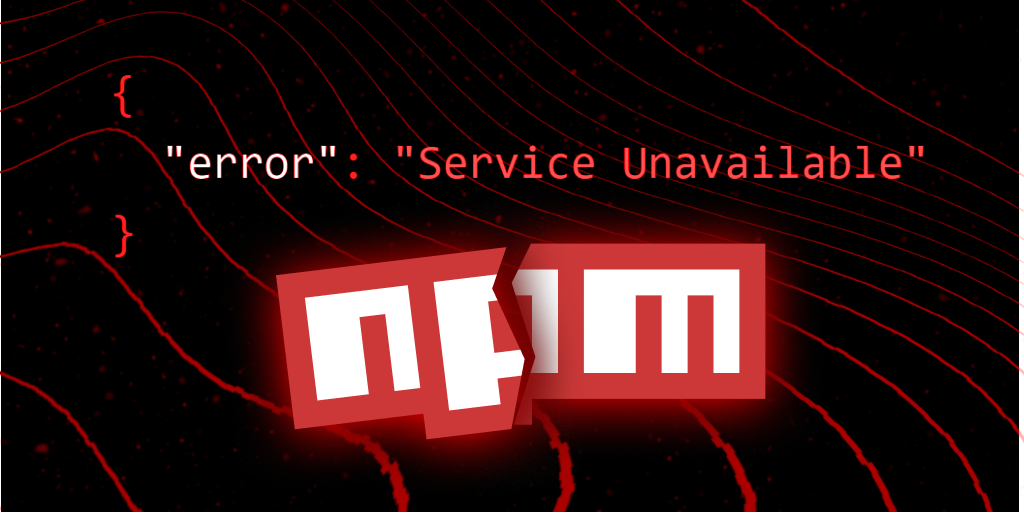In recent weeks, the cybersecurity landscape has witnessed a concerning uptick in malicious activities targeting developers through compromised NPM (Node Package Manager) packages. Researchers from Phylum have uncovered a series of attacks linked to North Korean hackers, revealing a troubling trend in how threat actors exploit widely used libraries to reach a vast network of developers and applications.
A New Wave of Attacks
Since August 12, 2024, North Korean-aligned threat actors have launched a renewed campaign on NPM, disseminating multiple malicious packages. Among the most notable are:
- temp-etherscan-api
- etherscan-api
- telegram-con
- qq-console
These packages serve as vectors for sophisticated malware, showcasing the evolving tactics employed by these adversaries. The campaign is associated with a command-and-control (C2) operation known as “Contagious Interview,” which utilizes multi-layered masked JavaScript. This technique allows attackers to retrieve additional malicious features from the internet, significantly enhancing their capabilities.
Technical Overview of the Threat
The malicious packages are not just simple scripts; they incorporate advanced techniques to execute their payloads. For example, one of the packages, helmet-validate, embeds its malicious code in a config.js file, leveraging the notorious eval() construct to load external JavaScript. This method poses a significant risk as it can facilitate the remote execution of harmful scripts on unsuspecting systems.
Moreover, the campaign employs Python scripts, including a fully functional version of the Python interpreter, to stealthily install browser extensions targeting cryptocurrency wallets. This functionality allows for continuous monitoring and theft of sensitive information, representing a severe threat to developers and users alike.
Advanced Persistent Threats
The involvement of Advanced Persistent Threat (APT) groups such as ‘Moonstone Sleet’ underscores the severity of the situation. These groups engage in advanced supply chain attacks on the NPM ecosystem, often using typosquatted packages like sass-notification. The use of heavily obfuscated JavaScript within these packages makes detection challenging, as it often relies on eval() to fetch and execute malicious code from compromised sites like ipcheck[.]cloud and mirotalk[.]net.
The attack methodology typically follows a multi-stage execution process. Initially, the attackers deploy batch scripts that trigger PowerShell processes. These processes download payloads, which are then decrypted using XOR operations, loaded as dynamic link libraries (DLLs) through reflection, and subjected to anti-forensic techniques to eliminate any traceable artifacts.
Further complicating matters, attackers leverage package.json script fields to execute malicious code during the installation or build process of legitimate packages. This approach not only increases the likelihood of successful exploitation but also highlights the evolving tactics used by these threat actors.
Implications for the Developer Community
These attacks reveal a worrying trend in the sophistication of cyber threats aimed at developers. With North Korean operations demonstrating advanced techniques for evading detection and maintaining persistence within affected systems, it is crucial for developers to remain vigilant. The implications are broad-reaching, as these compromises can lead to data breaches and significant financial losses for organizations relying on these libraries.
Indicators of Compromise (IoCs)
To aid in defense against these threats, here are some key Indicators of Compromise associated with the recent campaign:
- IP Addresses:
ipcheck[.]cloud45[.]61[.]158[.]14167[.]88[.]36[.]1395[.]164[.]17[.]24
- Malicious Package Information:
| Package Name | Version | Package Tarball | SHA256 Hash |
|---|---|---|---|
| etherscan-api | 0.0.1 | d4f3113e1e0384bcf37c39678deb196fb5b39f15c4990134b6b8637be74e5a2e | |
| etherscan-api | 0.0.2 | f1f3002dec6e36e692e087626edd9b6b0f95a176c0c204d4703ccb4f425aa317 | |
| etherscan-api | 0.0.3 | 5e5313aaf281c8a8eed29ba2c1aaa5aa65bc174bcd0be466f4533712599db758 | |
| helmet-validate | 0.0.1 | a00838ccd08b26c7948d1dd25c33a114dd81c3bcee3de595783e6f396e7f50e | |
| qq-console | 0.0.1 | aec21b53ee4ae0b55f5018fc5aaa5a4f095a239a64272ca42047c40ec3c212c0 | |
| sass-notification | 1.0.0 | f7c142178605102ee56f7e486ba68b97f3f6b522994b24f4116dbbd2abc28cec | |
| telegram-con | 0.0.1 | 10318f70072171c0edc624c8e8be38892f984b121d6a5a5ced1f6b0b45dbd0 | |
| temp-etherscan-api | 0.0.1 | 94da263d603bf735ab85f829b564261e59a1d13915d21babe58e72435bfe32ab |
Conclusion
The ongoing malicious activities attributed to North Korean hackers highlight an urgent need for heightened security awareness within the developer community. By understanding these threats and implementing robust security measures, developers can better protect themselves and their projects from potential exploitation. The evolution of tactics used by these adversaries serves as a reminder that vigilance is critical in maintaining the integrity of our software ecosystems.
